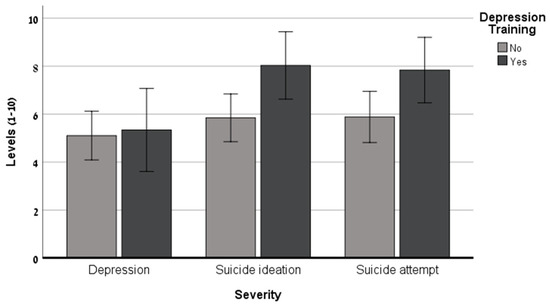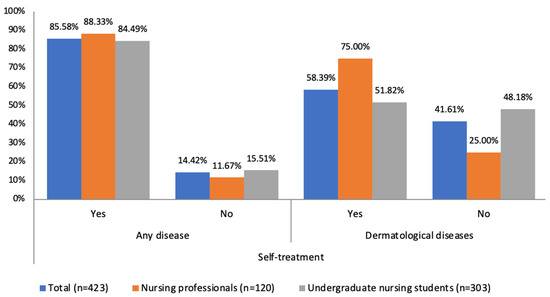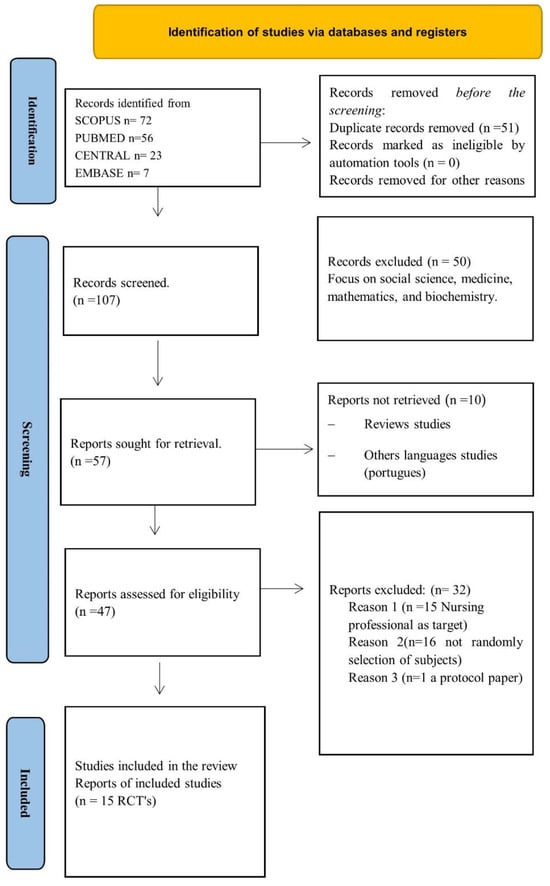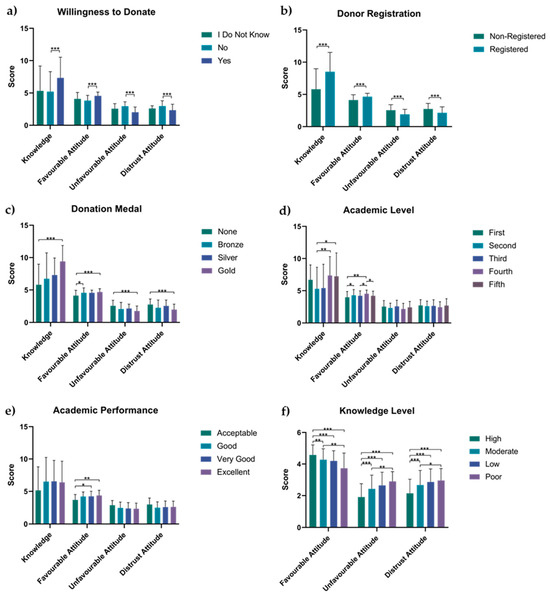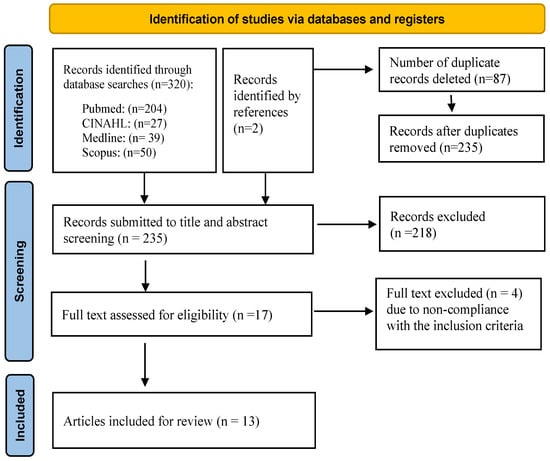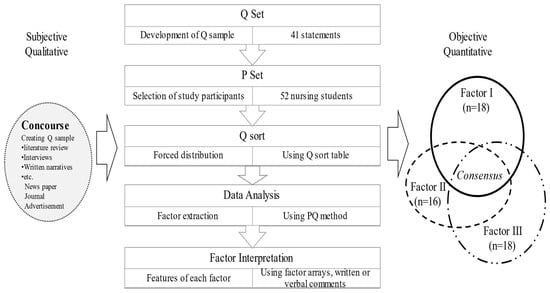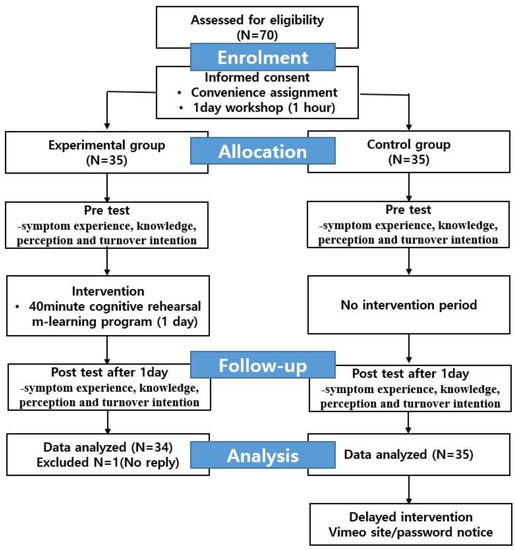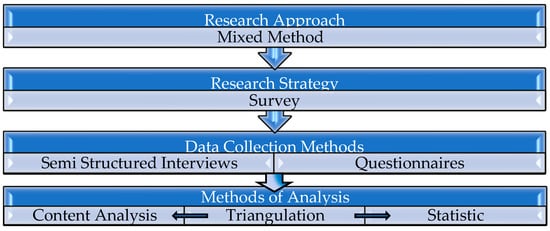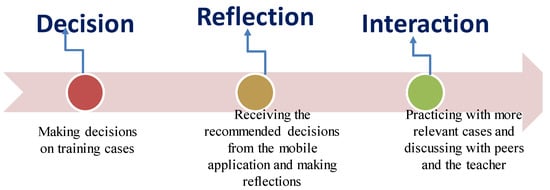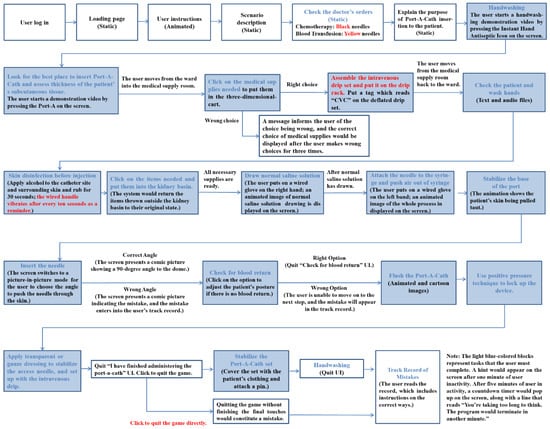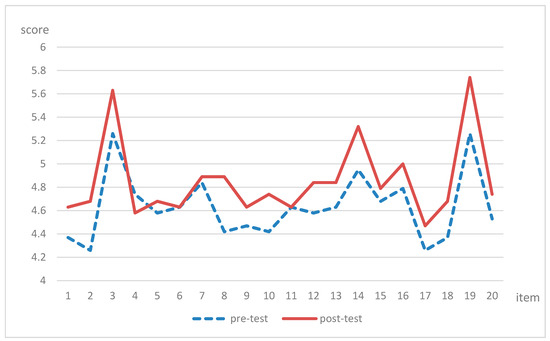Current Nursing Practice and Education
A topical collection in Healthcare (ISSN 2227-9032). This collection belongs to the section "Nursing".
Viewed by 58894Editor
Interests: health policy; equity; access; affordability; regulation; sustainability; prevention; implementation
Special Issues, Collections and Topics in MDPI journals
Topical Collection Information
Dear Colleagues,
This topic collection is a curated selection of articles that provide a comprehensive overview of the current developments, trends, and challenges in nursing practice and education.
It covers a range of topics, such as evidence-based practice, patient safety and quality, health promotion and prevention, chronic disease management, palliative and end-of-life care, cultural competence and diversity, interprofessional collaboration, professional development and life-long learning, innovation and technology, leadership, ethics, and more.
This topic collection is intended for researchers, educators, practitioners, students, and policy makers who are interested in advancing nursing practice and education. We aim to foster collaboration and the exchange of ideas among the practice, education, and scholarly communities across different settings, levels, and specialties.
This topic collection is free to access and use by all.
Dr. Florin Oprescu
Collection Editor
Manuscript Submission Information
Manuscripts should be submitted online at www.mdpi.com by registering and logging in to this website. Once you are registered, click here to go to the submission form. Manuscripts can be submitted until the deadline. All submissions that pass pre-check are peer-reviewed. Accepted papers will be published continuously in the journal (as soon as accepted) and will be listed together on the collection website. Research articles, review articles as well as short communications are invited. For planned papers, a title and short abstract (about 100 words) can be sent to the Editorial Office for announcement on this website.
Submitted manuscripts should not have been published previously, nor be under consideration for publication elsewhere (except conference proceedings papers). All manuscripts are thoroughly refereed through a single-blind peer-review process. A guide for authors and other relevant information for submission of manuscripts is available on the Instructions for Authors page. Healthcare is an international peer-reviewed open access semimonthly journal published by MDPI.
Please visit the Instructions for Authors page before submitting a manuscript. The Article Processing Charge (APC) for publication in this open access journal is 2700 CHF (Swiss Francs). Submitted papers should be well formatted and use good English. Authors may use MDPI's English editing service prior to publication or during author revisions.











